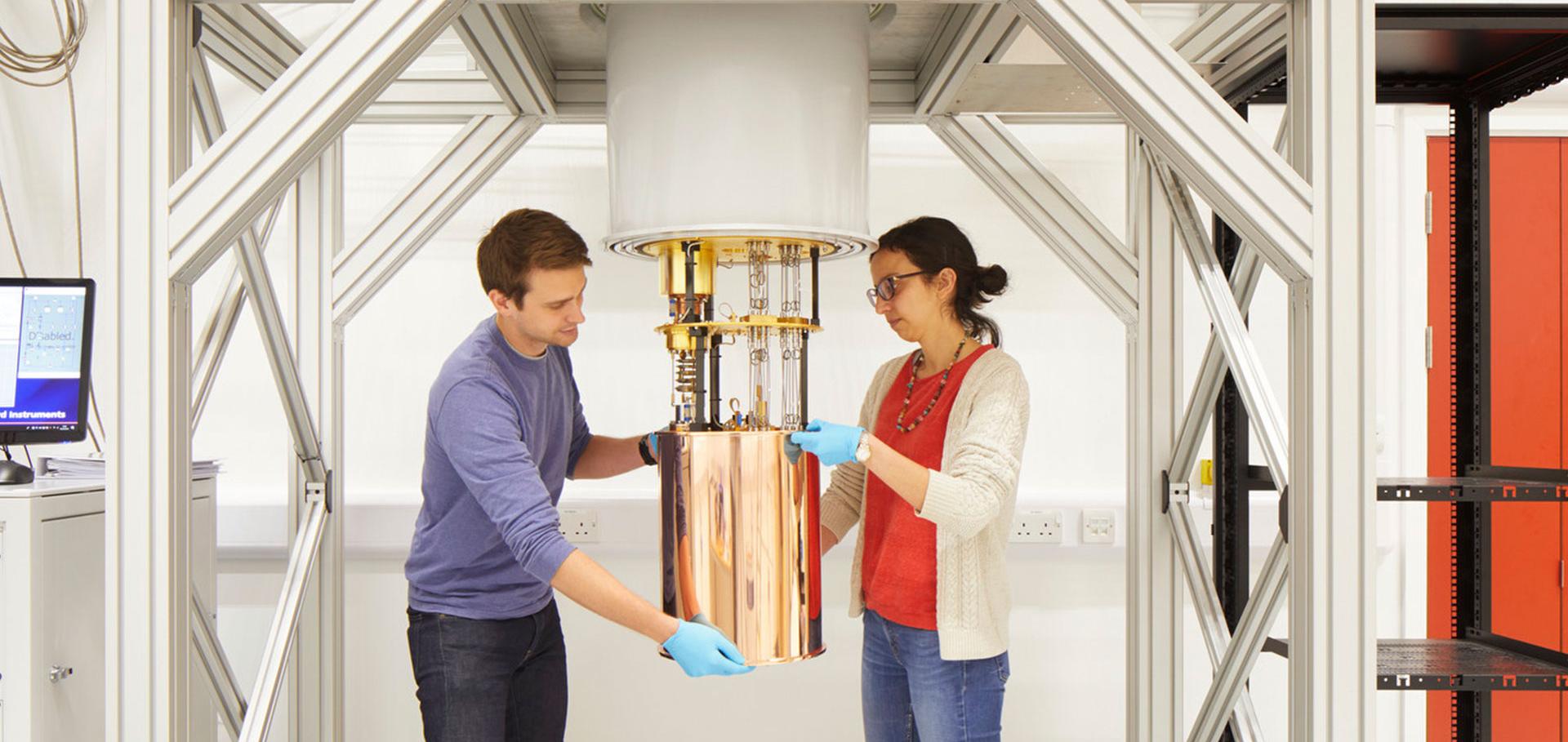Research in Spintronics and related magnetic phenomena
John Gregg researches in Spintronics with a particular current interest in Magnonics. Magnons are the quanta of spinwaves which are excitations of magnetic ordered states. With the help of modern fast electronics these offer a fascination research opportunity with multiple device applications that include a potential low power dissipation computing solution to the current Moore's Law silicon processor heat death impasse. The wealth of unusual physical phenomena that Magnons offer is due in large part to their very pronounced nonlinearity and their multiplicity of different dispersion relations that can be engineered by changing sample shape and tuned by applying magnetic fields. Recent highlights of John Gregg's research include the first observation of signal phase conjugation in a magnonic system, a magnon-phonon interconversion device and an artificial crystal that can be rewritten in real time and that functions as a time-reversal processor.
Previous highlights of Professor Gregg's research on magnetic phenomena include the first observation of Enhanced Nuclear Acoustic Resonance, the first observation of an Enhanced Nuclear magnetic ordered state, study of the dynamics of time-reversed metastable antiferromagnetic states using a custom high sensitivity microwave ultrasonic interferometer, the first observation of Giant Magnetoresistance (GMR) in a mechanical alloy and the first observation of a Spin-Caloritronic effect - Giant Thermal Magnetoresistance. He also first proposed and confirmed experimentally a new spin-dependent model for the electrical resistance of a ferromagnetic domain wall. He has held Visiting Professorships in Strasbourg, Paris and Dublin. He holds 21 patents and he has acted on four occasions as an expert witness in the British courts in Spintronics, nuclear quadrupole resonance (NQR), radiofrequency technology and magnetic instrumentation. He has also acted in the European Patent Court as an expert on analogue electronic instrumentation. He is the Academic Founder of an Oxford University spinout company.


